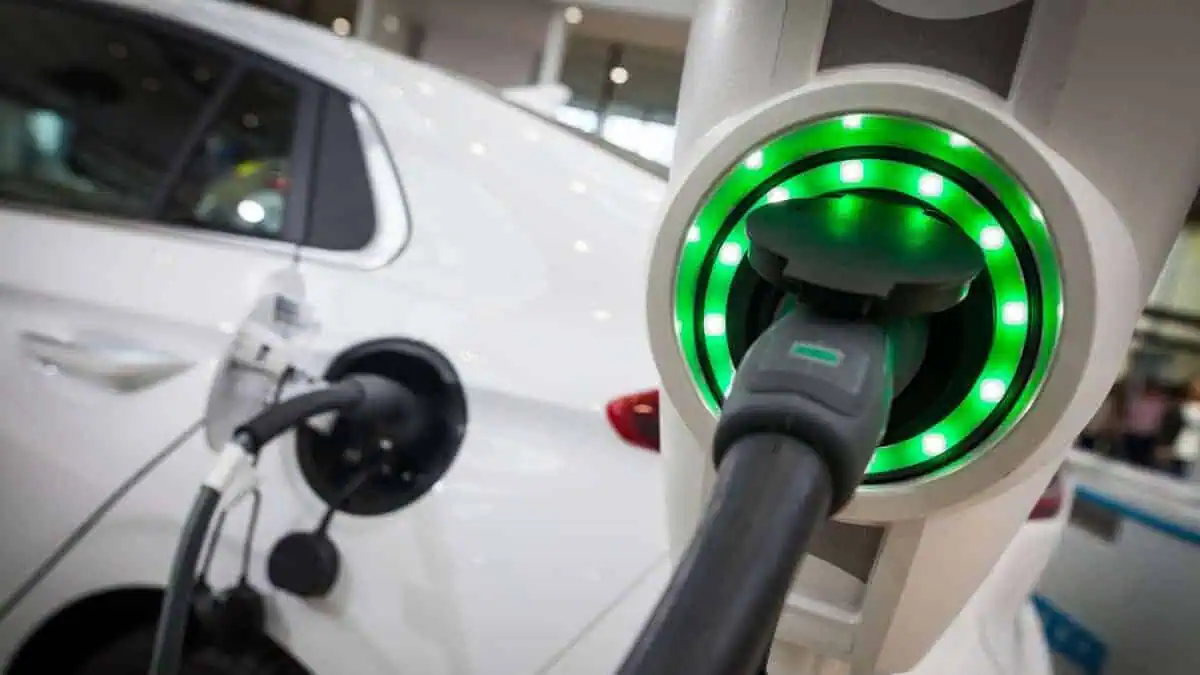According to experts, the EU’s decision to only sell electric cars after 2035 looks set to face challenges, with infrastructure issues present, as per Euronews.
Not sufficient charging stations, an unstable electric grid, and an uncertain electricity supply are just some of the issues faced by the international organization.
Manufacturers working on solving charging issues
However, at the same time, manufacturers are working on more efficient vehicles with more than 600 km of range to try and resolve charging issues.
“The vehicles will not be the biggest problem. The technology is there, the vehicles can be built. The problems are in these other dimensions of this transformation,” said Sigrid De Vries, director general of the European Automobile Manufacturers Association.
“The charging infrastructure, access to the raw materials, keeping mobility affordable and accessible for small businesses, for drivers, citizens like you and me and getting this transformation done, including the green energy as well.”
European Union’s charging stations
Currently, half of the EU’s charging stations are in two countries, the Netherlands and Germany.
The risk is that customers will be reluctant to purchase an electric car as long as there is insufficient charging infrastructure available, while infrastructure investments need more certainty of electric car levels.
In addition, there is a challenge for electricity providers. A huge fleet of potentially millions of new electric cars would mean additional hundreds of billions of kWh of electricity generation, according to estimates.
“We need to increase the electricity output, but this is what we are planning for. We need to expand renewable energy,” said Michael Bloss, a German Green MEP.
“In Germany, we have already planned to increase renewable energy share of all electricity to 80% by 2030. This already includes assuming that we will power all of these electric cars, but not only the electric cars, but also for heating.”
Furthermore, there is the electrical power grid. Some argue that EVs make the grid unstable, which would need significant investments to upgrade existing infrastructures to withstand the massive uptake of electricity.
€500 billion needed for Europe’s energy grid modernization
The European Commission approximates that more than €500 billion ($516 billion) will be needed to modernize Europe’s energy grid in this decade.






